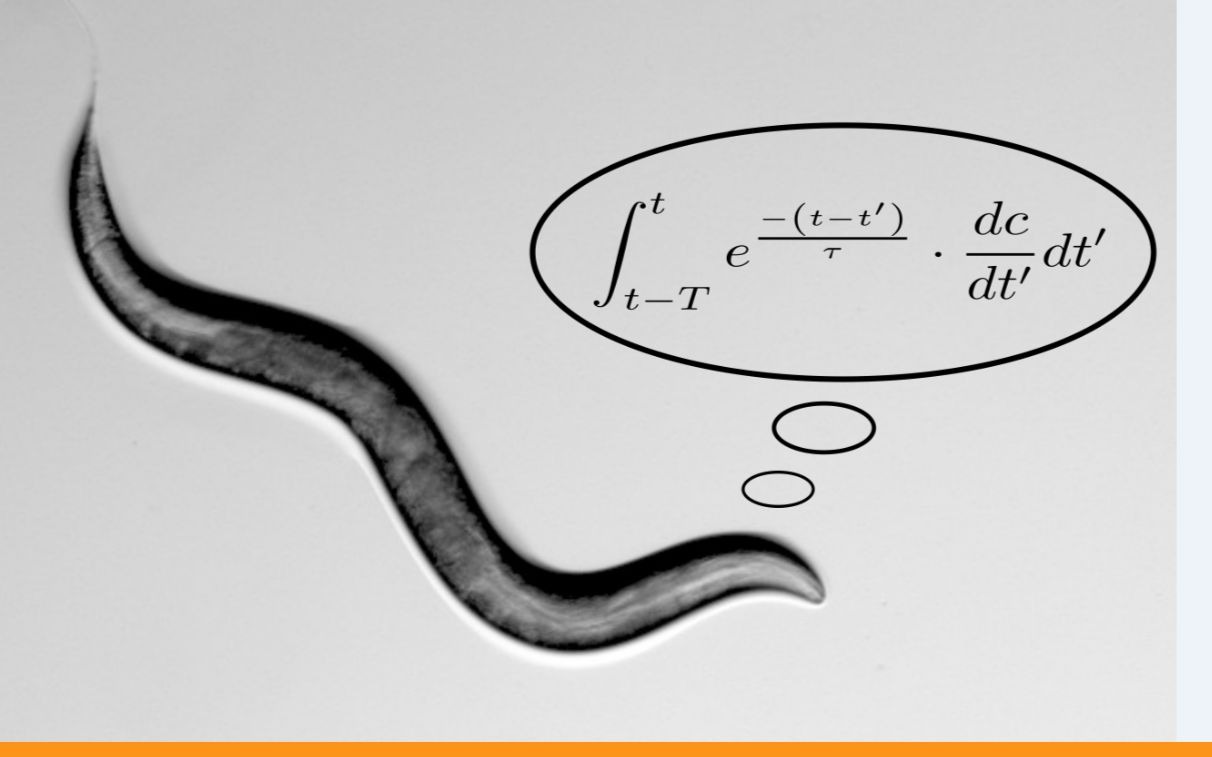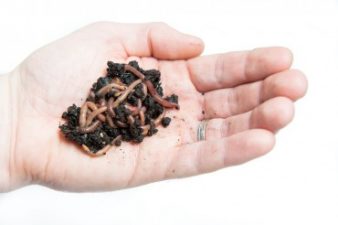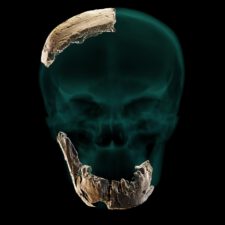New research by Hebrew University of Jerusalem details the complex mathematical calculations that animals perform to locate their next meal. Turns out that even the simple earthworm constantly computes new scent data to see if they are on right track to food. Can humans learn from these tubular hermaphrodites?
Animals often rely on their sense of smell to locate food, and the ability to consistently find food increases survival rates. But how exactly do animal brains translate scent into navigational action? Neuro-geneticist Alon Zaslaver and his team tackled this topic, with their findings published this week in Nature Communications.
Think of the game “Hot or Cold” said Zaslaver in a statement released by the university. “Imagine you’re in a huge dark house and a chocolate cake has just been taken out of the oven. To find the cake, you’ll probably sniff around to see what direction the cake scent is coming from and begin walking in that direction.”
Worms use this same strategy in their hunt for food, but with an added twist. As explained by Shoshanna Solomon in the Times of Israel, a neural cell picks up the food scent and sets the worm on a course of travel. The neural cell remains active and directs the worm to keep moving forward, as the scent intensity keeps getting stronger. If the scent is lost, the cell instructs the worm to stop and look for a better path.
Now a second neural cell activates, operating much like a your car’s navigational device, “recalculating route” to keep the worm on the right route. This second cell calculates odor intensity, constantly computing data to detect whether the odor is getting stronger or weaker. Negative indicators prompt recalculations, positive ones reinforce forward travel.
This combination is a winning one, according to Zaslaver and Hebrew University graduate students Eyal Itskovits and Rotem Ruach. The two-part system of charting a course based on an initial scent measurement and then conducting followup checks to validate progress towards goal is a smart and effective method in the search for food, they said.
“These worms teach us an important lesson,” Zaslaver said, “When looking to solve a problem, a quick solution is often attractive. However, we need a backup system in place that monitors whether we are indeed moving in the ‘right’ direction, even if that new path differs from the one we originally set out on.”
Image: C. elegans worm performing a math calculation by Alon Zaslaver/Hebrew University




